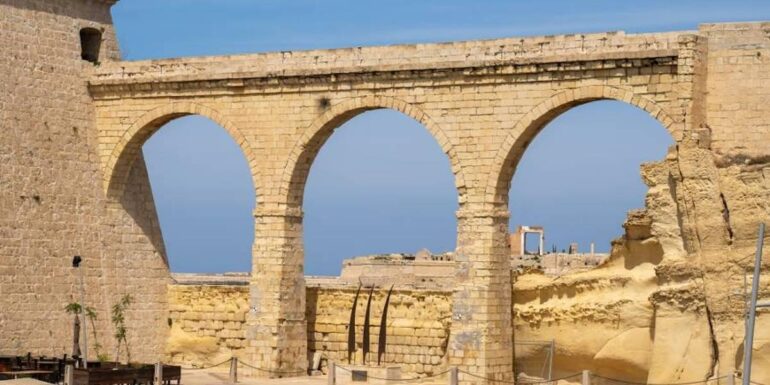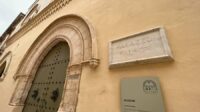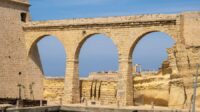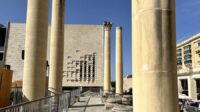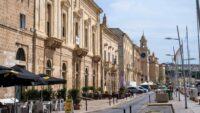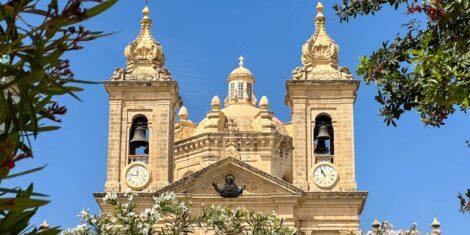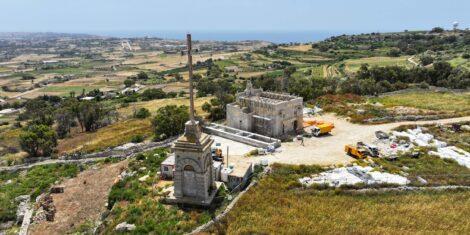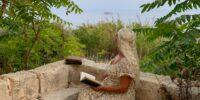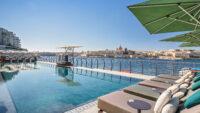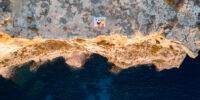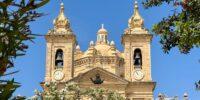These cultural footprints of the past are not only still visible today, but they are essentially what
formed the local culture as we know it. In this article we’re taking a look at the second half of the civilizations that dominated Maltese history.
Building Maltese Culture
According to historian Geoffrey Wettinger—who based a lot of his research on works from Arabic historians as well—there was no continuity with the Maltese people before 870 and after. Malta was desolated and uninhabited, and it was later that newcomers restarted to populate the islands and instill their culture. This historic ‘restart button’ happened under Arab rule, which also meant that at this point, our language was purely Arabic.
The Normans (1091 – 1530)
In around June or July of 1091, Count Roger I and his fleet left Sicily and arrived in Malta. Although he did encounter some resistance, many people fled the country, and those that didn’t surrendered.
Apart from the legend of Count Roger giving the Maltese the colors of the flag, this initial event was simply a raid on the country. For around 150 years the Muslim population in Malta remained bigger than the Christian one. In fact, it was due to a Muslim uprising, that Count Roger II eventually arrived in Malta. He literally took over the country with many new Christian settlers.
Language, Religion and Culture
These Christian settlers and this new era for Malta, was perhaps the moment when the Siculo-Arabic dialect of the locals merged with languages of the people coming from Southern Italy and Sicily, essentially creating Maltese.
By the time right before the Knights of St. John arrived, all remaining Muslims in Malta were forced to convert to Christianity. Still, Arab culture is very noticable in Maltese food, language, customs and architecture.
The Knights (1530 – 1798)
By 1522 the Order of Saint John were driven away from Rhodes. Eventually Charles V decided to give Malta to its most famous settlers, the Knights. Italian was made the official language of the country. In addition, the Knights developed the islands by building towns, churches, gardens, forts and palaces. Eventually, following the victory of the infamous Great Siege in 1965, they also built Valletta. The Knights built a lot of culture in Malta. That’s why they are still rather celebrated on the island.
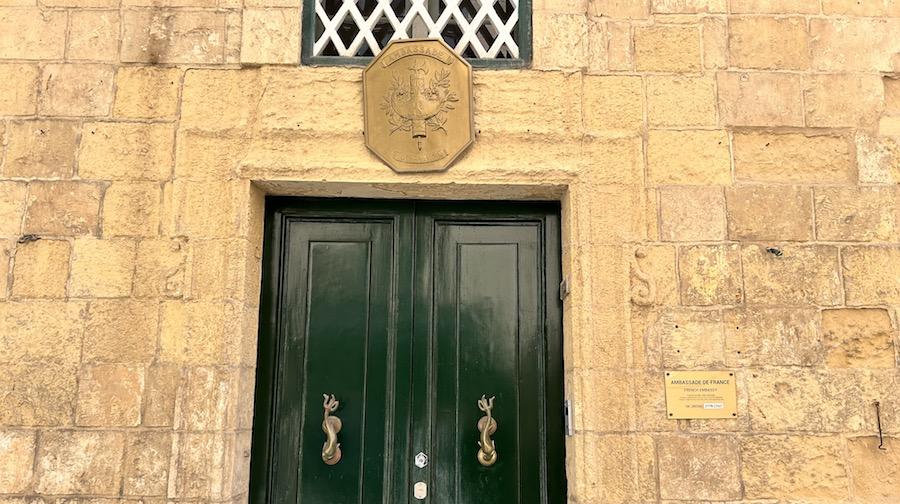
Essentially, the Order’s stay in Malta started with many challenging aspects. Most were gracefully undertaken, but as times passed, things were changing all across Europe. There was no real point for the Order to exist anymore. This decline was noticeable in many aspects of the time, especially in the increasing unpopularity of the Order with the Maltese people.
Napoleon and The French (1789 – 1800)
In 1789, on his way to his Egyptian expedition, Napoleon stopped in Malta. In only a few days, the county was signed off to the French Republic. Malta was exchanged for a region in Rastatt, which was to be given to the then GrandMaster Hompesch.
Remarkably, in the six days in the country, Napoleon created a new administrative Governmental commission. He organized 12 municipalities, freed all the 2000 Turkish slaves in captivity, abolished slavery, and with it all feudal rights and privileges. Every municipality was assigned a judge, and even primary and secondary education for the public were created.
Of course, the French relationship with the Maltese quickly went sour. After Napoleon left, the French were stealing from the churches that were partly funded by donations of the citizens. This eventually led to uprisings by the Maltese. These events encouraged the British to intervene leading to the next and final chapter of Malta’s occupational history.
Apart from the latter paragraph, it is perhaps important to note that growing up in post-colonial Malta and learning about this event in history, one notices how in actual fact, Napoleon actually created a very high new standard of living within Malta’s system. It is very likely that these facts were marginalized by the British in our colonial times. The British narrative led to many generations of teachers inadvertently passing on the same skewed knowledge.
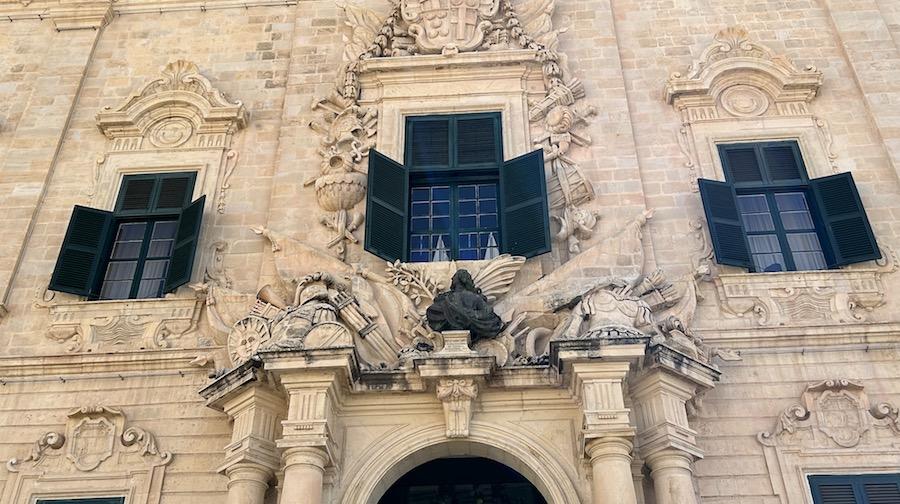
The British (1800 – 1964)
After the take over from the French, the British signed a Peace Treaty in Amiens saying that the islands will be returned to the Knights of St. John. As you can imagine this didn’t happen.
In 1802, the Maltese drafted their First Declaration of Human Rights. It included the right to choose one’s religion, the equality of men under the law, that no man has a right over another man’s life, and that power is a tool that can only be wielded by the law.
The Question of Culture
Although very briefly, it is interesting to go through the development of politics with the British in Malta. Here, one can understand the emergence of our contemporary political system and where it all stemmed from. Namely, this is where the language question arises. The issue was whether to teach Italian or English as the official language to children. The political and elite class of Malta were split in Italian supporters and of course the Colonialists and English-supporters. Funnily enough, Maltese football watchers are split into the same two camps today.
We have to keep in mind that the majority of the population spoke Maltese. But at the same time these people were poor and uneducated, which unfortunately meant they were without a political voice, especially in the time when to vote you had to be a property owner.
The issue was officially solved after the Italians bombed Malta in WW2, eventually leading the British to make English and Maltese the official languages of the country. British culture naturally had a high impact on that of Malta. It is seen in the contemporary language and schooling system on the island. Besides that, it’s apparent in our food and TV favourites.
Independence
Rushing through several wars, conflicts, epidemics and other page turners of history, in the later part of the 20th century, as the Empire was slowly giving up many of its colonies. The Maltese islands gained Independence in 1964, became a Republic in 1974, and in 1979 the last British ships were bade goodbye as the islands became autonomous for the first time in history.
